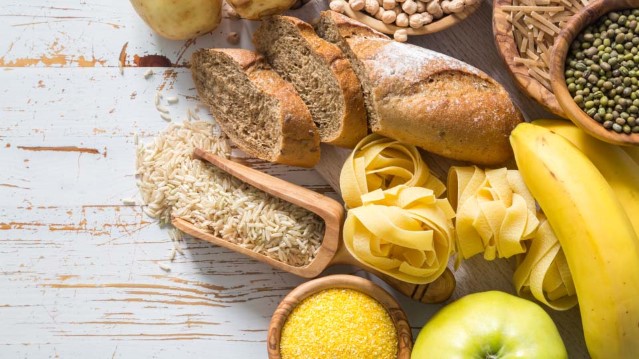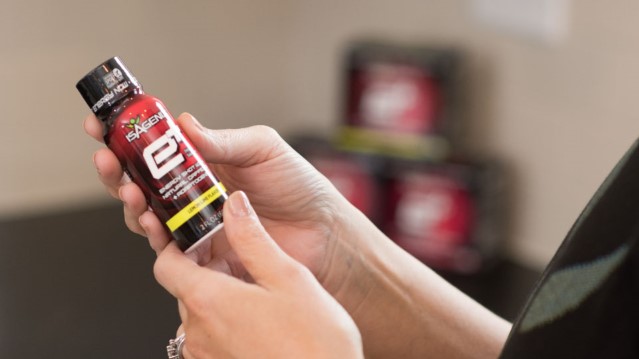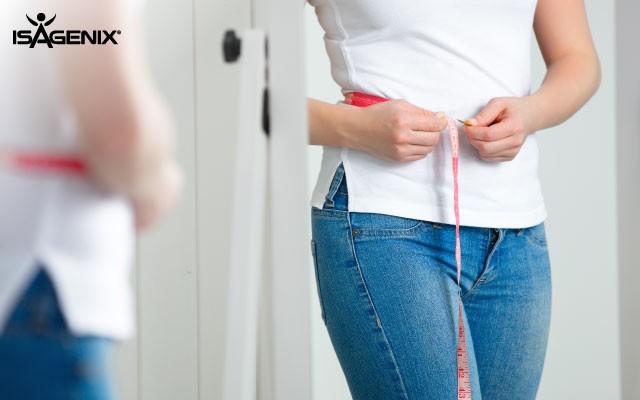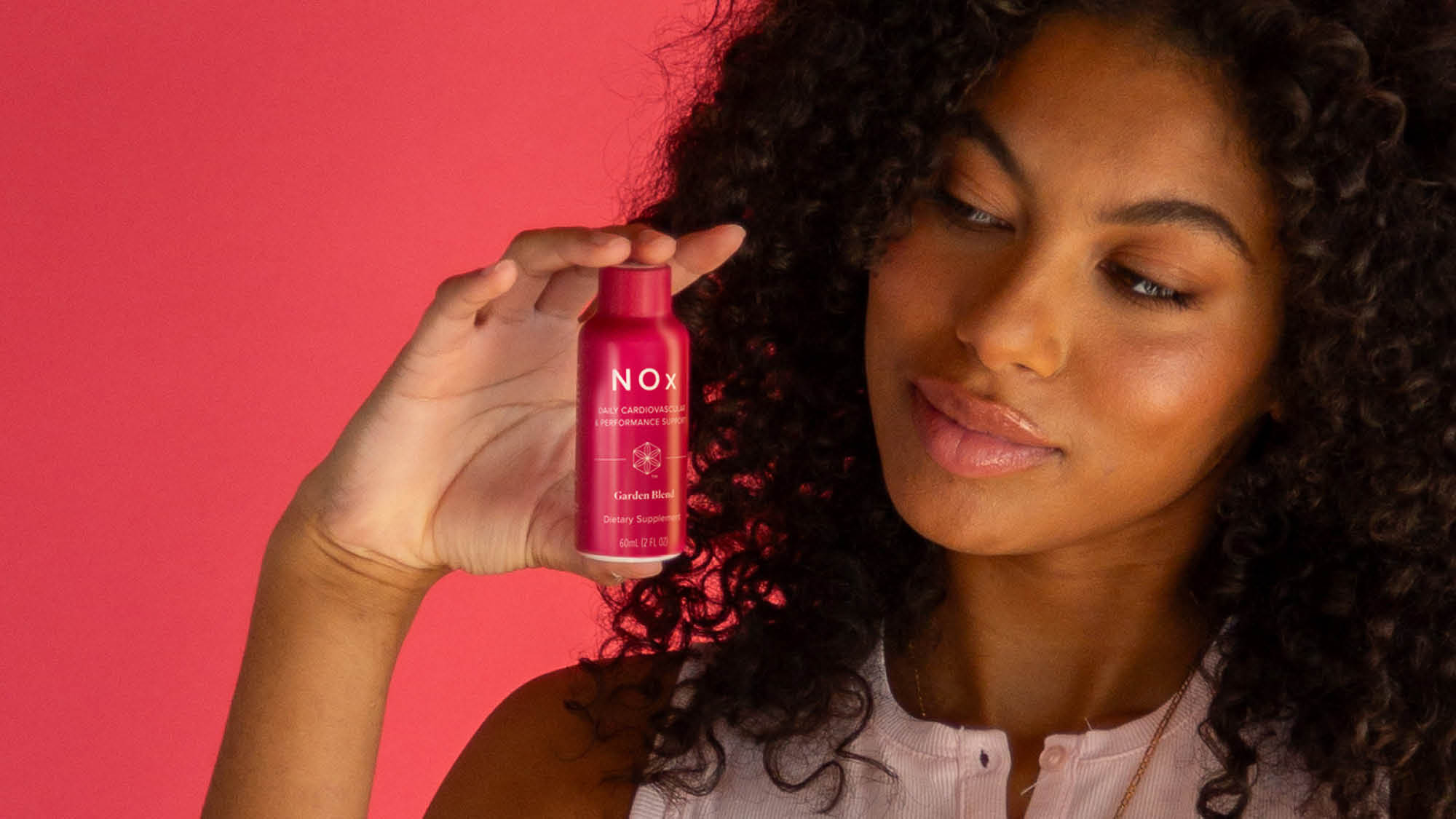Bloating, belly aches and bathroom runs aren’t all of what’s vexing about living with a bowel disorder—just as inconvenient is the nutritional drain that may arise from troubles with digestion and absorption of food nutrients.
Health starts in the gut, after all.
Guidance from a health professional such as a physician or nutritionist is best for evaluating possible medical treatments and dietary needs for every unique situation, whether as common as irritable bowel syndrome or as serious as inflammatory bowel disease and diverticulitis.
However, food choices ultimately end up being in your hands—the consumer—and knowing a few facts about how a problem gut can affect your nutrition can go a long way to support your current and future health.
Irritable bowel syndrome
Food can feel like the enemy when you have irritable bowel syndrome (IBS). Just thinking of food or chewing it, which causes gut hormones to be released, can potentially aggravate symptoms like belly aches and diarrhea.
Your doctor may prescribe antibiotics or an antidiarrheal to help you with avoiding symptoms. In addition, he or she may suggest soluble fiber.
Soluble fiber, according to a recent study in the British Medical Journal, may in fact be one of the most promising dietary aids for helping patients. Soluble fiber is thought to work because it binds to fat and slows stomach emptying. Best sources are oats, psyllium hulls, flax seed, fruits and vegetables.
Prebiotics—indigestible nutrients in fruits and vegetables that are not unlike soluble fiber—may be of greater support if you are on antibiotics or coming off of them. Prebiotics are a fuel for “good” bacteria and help your colon populate healthy flora.
As we increase the “good” bacteria, there are less “bad” bacteria residing in our gut (large intestine) and together these changes are associated with helping overall immune function. The “good bacteria” may also help with normalizing bowel movements and improving absorption of certain food nutrients such as minerals.
If you suffer from IBS, you may also need to avoid certain dietary fibers. According to the International Foundation for Functional Gastrointestinal Disorders, for example, too much insoluble fiber from cereal grains can potentially worsen gas and bloating.
Foods high in fat (except fatty fish) or high in sugar also should be avoided. They can bring on those especially painful gut reactions. Fast foods can be the worst offenders. When a typical hamburger and medium fries deliver 26 grams of fat (mostly saturated) and its accompanying soda contains 43 grams of sugar, then it’s time to say “no!”
One of the exceptions to the “avoid high-fat” rule may be fatty fish high in omega-3 fatty acids because of possible anti-inflammatory benefits, but these “good fats” should still be used with caution and increased gradually.
Inflammatory bowel disease (IBD)
Be sure not to confuse IBS with inflammatory bowel disease (IBD). Yes, they have similar symptoms, but IBD, which includes Crohn’s disease and ulcerative colitis, are characterized by inflammation.
Inflammation in both Crohn’s and ulcerative colitis can produce cramping and diarrhea. Ulcerative colitis, which occurs when the immune system attacks the colon, is accompanied with significant rectal bleeding.
How do you get IBD? The likelihood is largely based on genetics, but may also be influenced by bacterial or viral infection as well as by diet and habits such as smoking.
For Crohn’s disease and ulcerative colitis, appropriate medical treatment is required, and may include anti-inflammatory drugs, anti-diarrheals and antibiotics.
Malnutrition can be a concern because of poor intestinal digestion, diarrhea and blood loss that may occur in those with IBD. For these reasons, your doctor may recommend a diet high in protein and the regular use of vitamin (especially vitamin B12) and mineral supplements.
As a complementary therapy, Mayo Clinic also suggests supplementation with prebiotic soluble fiber, probiotics and fish oil.
The newest research on IBD suggests that antioxidants may also be helpful. According to Susie Rockway, Ph.D., “Dietary antioxidants may have a protective role in the gut by helping to neutralize oxidative stress that leads to tissue damage.”
Oxidative stress is representative of poor balance between free radical production from inflammation and antioxidant depletion in the intestines during Crohn’s disease and ulcerative colitis. The main antioxidants studied in the gut are vitamins C and E, glutathione, zinc and selenium.
Diverticulitis
Another cause of inflammation can manifest from diverticulitis, which occurs when small, bulging pouches (diverticula) in the colon are inflamed or infected. Diverticulitis can be a source of severe abdominal pain that is often accompanied by fever, nausea, constipation or diarrhea.
After an attack of diverticulitis, early medical treatment may often include antibiotics accompanied by a low-fiber diet until symptoms subside. Slowing progression of diverticulitis, according to Mayo Clinic, can then depend on the amount of fiber one eats daily.
Experts suggest meeting the recommended dietary intake of 25-30 grams of fiber, drinking plenty of water and exercising daily. All of these factors assist in lowering luminal pressure in the colon, which help to act against formation of diverticula.
If you’re currently on a low-fiber diet, be cautious of switching to a high-fiber diet overnight. The sudden change could stimulate a high amount of gas production that can lead to forceful diarrhea. It’s always best to make gradual changes in fiber intake.
Recent studies also suggest a link between obesity and diverticulitis that may be related to fat intake and lack of regular exercise, although fiber intake may also represent a variable. Thus, effective weight management could help to decrease risk of diverticulitis.
Your doctor may also recommend probiotics and prebiotics if you are taking antibiotics and a supplement of vitamins and minerals to help avoid nutritional deficiencies that may occur because of intestinal damage.




